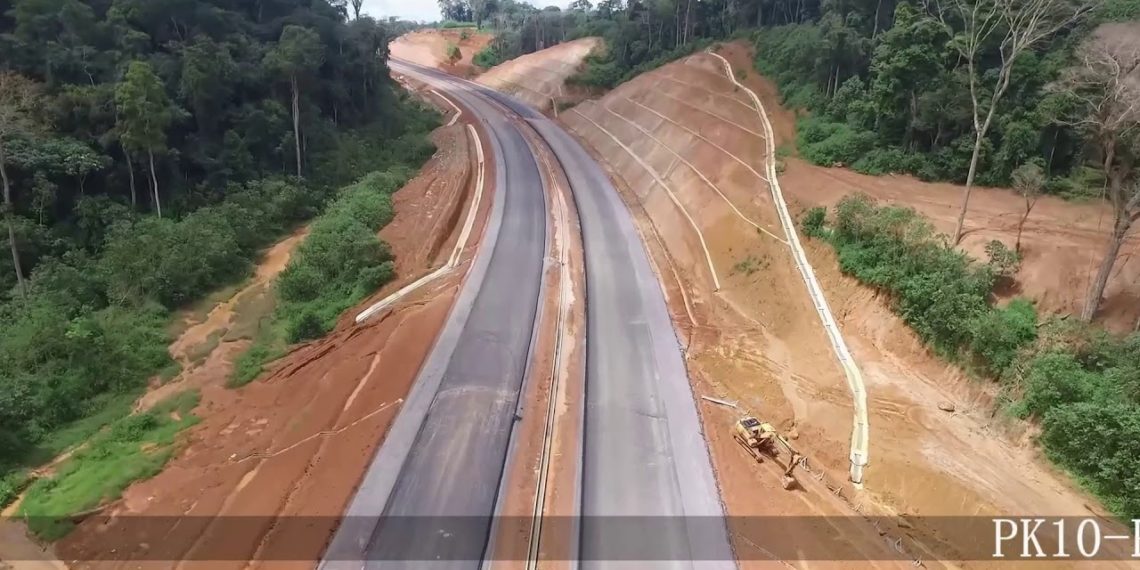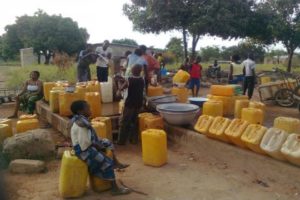17, July 2019
US House passes resolution condemning Trump’s ‘racist’ tweets 0
The US House of Representatives has passed a resolution officially condemning President Donald Trump’s racist comments against four minority Democratic congresswomen.
The resolution passed on Tuesday denounces Trump for his “racist comments that have legitimized fear and hatred of New Americans and people of color.”
Referring to Representatives Alexandria Ocasio-Cortez of New York, Ilhan Omar of Minnesota, Rashida Tlaib Michigan and Ayanna Pressley Massachusetts, Trump wrote on Twitter Sunday, “Why don’t they go back and help fix the totally broken and crime infested places from which they came.”
So interesting to see “Progressive” Democrat Congresswomen, who originally came from countries whose governments are a complete and total catastrophe, the worst, most corrupt and inept anywhere in the world (if they even have a functioning government at all), now loudly……
Three of the four Representatives were born in the United States, but all are US citizens. Omar, a Muslim congresswoman, was born in Somalia’s capital Mogadishu and immigrated to the US as a refugee.
Speaking on the House floor prior to Tuesday vote, House Speaker Nancy Pelosi urged both Democratic and Republican lawmakers to “join us in condemning the president’s racist tweets.”
“To do anything less would be a shocking rejection of our values and a shameful abdication of our oath of office to protect the American people.”
Meanwhile, a growing number of Republicans, after initial hesitation, began to openly criticize Trump.
Texas Representative Will Hurd, for example, described Trump’s tweets as “racist and xenophobic” and “unbecoming of the leader of the free world.” Also, after one Ohio Representative, Mike Turner, called Trump’s words “racist,” four other Republicans from the same US state joined him in condemning the comments.
Nonetheless, some other Republicans continued to support Trump, with Representative Dan Meuser, Republican of Pennsylvania saying, “What has really happened here is that the president and his supporters have been forced to endure months of allegations of racism.”
“This ridiculous slander does a disservice to our nation,” Meuser said.
Trump, in response to the vote, said on Twitter that “those Tweets were NOT Racist,” adding, “I don’t have a Racist bone in my body!”
Source: Presstv








 @realDonaldTrump
@realDonaldTrump





























19, July 2019
Southern Cameroons War: U.S. Inaction Is No Longer an Option 0
The United States has particularly important stakes in Cameroon. With investment comes the responsibility and leverage to ease the extent of human suffering.
The central African nation of Cameroon does not often make international headlines. Governments within Africa and beyond have recognized Cameroon’s military efforts against Boko Haram, and the country has also been known for welcoming refugees from neighboring countries and for the peaceful coexistence among its hundreds of linguistic groups. But over the last few years, violence has engulfed the country’s Anglophone regions. The United States has particularly important stakes in Cameroon. Following a decade of military cooperation with Cameroonian forces, Washington is obligated to ensure that assistance is not tantamount to complicity. With investment comes the responsibility and leverage to ease the extent of human suffering. Tensions between Anglophone and Francophone populations in the Cameroon’s northwest and southwest regions (NWSW) have been simmering since the 1970s.
In late 2016, however, the government imposed Francophone teachers and lawyers in Anglophone schools and courts, prompting peaceful protests that were met with military action. This fueled existing separatist sentiment among the Anglophone population and led to the formation of several non-state armed groups. Clashes between these armed groups and Cameroonian forces, as well as attacks on civilians, have forced more than half a million people into the NWSW’s dense forests, without proper shelter and little access to food and basic services. Separatist groups have enforced school boycotts since 2017, leaving a generation of children without education for three years. Warring parties have tortured and killed civilians and burnt down hundreds of villages. Basic services have almost completely collapsed, and, coupled with insecurity, left 1.3 million people in need of humanitarian assistance in the NW/SW alone—numbers the government of Cameroon staunchly denies.
Despite the dire need, the governments of the world have been practically silent on the humanitarian situation, leading the Norwegian Refugee Council to dub the conflict in the NWSW the world’s most neglected displacement crisis. Most efforts by interested political powers and typical humanitarian donors, such as Canada, Switzerland and the United States, are focused on finding a political solution to the conflict. But amidst these efforts, the humanitarian situation continues to deteriorate and remains largely ignored. The United States’ interests in Cameroon are not trivial. Over the past five years, Cameroon has received more than $216 million in U.S. counter terrorism training and support. And even with some U.S. cuts due to credible reports of human rights abuses, such assistance continues.
In contrast, U.S. humanitarian aid for those Cameroonian civilians impacted by disaster resulting from the violence in NWSW is minuscule. Out of $18.4 million in U.S. humanitarian aid countrywide, only $300,000 has been earmarked for the response in the NWSW. Such meager support signals that the United States is not concerned with civilian suffering in the NWSW. In addition, the United States has done little to encourage international donors to respond to the Anglophone crisis. So far, the emergency has only received nine percent of funds requested in a United Nations international appeal, rendering most humanitarian organizations incapable of effectively addressing the mounting needs. Congress has only just begun to weigh in.
In late April, Reps. Karen Bass (D-CA) and Chris Smith (R-NJ) introduced a resolution calling on armed groups and the government of Cameroon to seek a political solution to the conflict. Unfortunately, all parties to the conflict have categorically refused calls for dialogue while people continue to suffer. For this reason, Congress should press the State Department and USAID to adequately fund the response, mobilize other donors, and pressure the government of Cameroon to give aid workers access to civilian populations in need. At a time when none of the warring parties seem willing to talk, focusing efforts solely on dialogue is not only ineffective but irresponsible.
The people of the NWSW require more than that. They require sustained engagement by the United States and other international powers to boost humanitarian aid until all parties are prepared to end the conflict, with the ultimate goal of facilitating the safe, voluntary, and dignified return to their homes. Washington has the resources to quickly and effectively respond to such pressing needs. It is past time for Congress and State Department to step up and play a larger role in addressing the humanitarian consequences of the conflict. The alternative—silence and inaction—means more innocent Cameroonian lives will be lost.
Culled from National Interest.Org